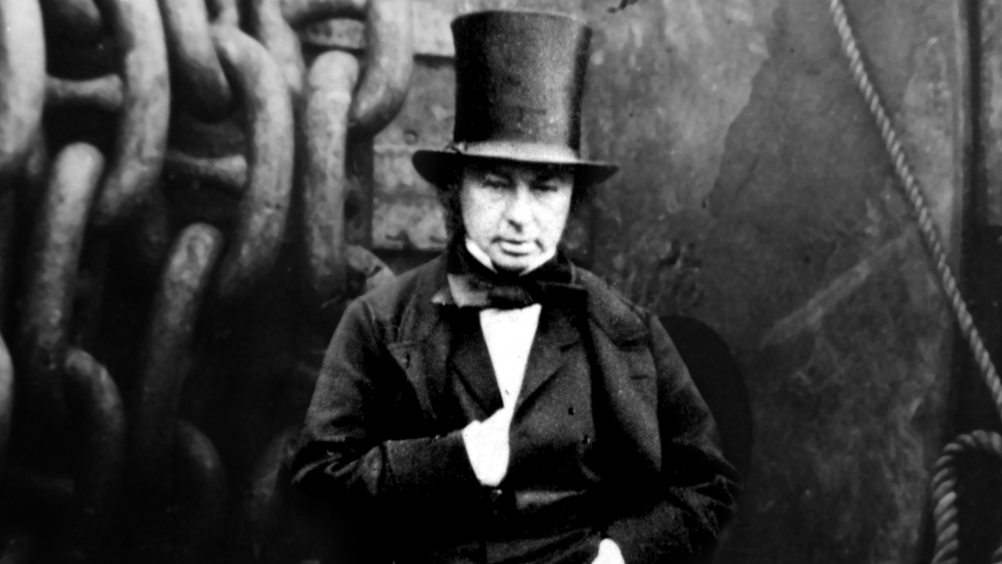Gone but not forgotten: six engineering greats
A look back through the archives at The Engineer's response to the passing of some of the Victorian era's most celebrated engineering greats

Older issues of The Engineer, when the journal fulfilled more of a role as a newspaper for the sector than it does today, often included obituaries of notable figures from the engineering community. These often make surprising reading, as names still well-known today sometimes left a different impression on their contemporaries than we might suppose; and in other cases, notable personalities have not been remembered.
A classic example of someone upon whom legendary status has been conferred with hindsight, in Victorian Britain it seems that history’s most famous engineer was not well-regarded. Even praise for his achievements comes with caveats: “Notwithstanding the number and imposing character of his works many of them, often indeed through no fault of his own, have proved unsuccessful.” The obituary notes the high cost of his projects and claims that Brunel did not seek to promote new talent and often argued with contractors.
Register now to continue reading
Thanks for visiting The Engineer. You’ve now reached your monthly limit of premium content. Register for free to unlock unlimited access to all of our premium content, as well as the latest technology news, industry opinion and special reports.
Benefits of registering
-
In-depth insights and coverage of key emerging trends
-
Unrestricted access to special reports throughout the year
-
Daily technology news delivered straight to your inbox









Water Sector Talent Exodus Could Cripple The Sector
Maybe if things are essential for the running of a country and we want to pay a fair price we should be running these utilities on a not for profit...